It is impossible to deny the grip cryptocurrencies have in the world today, for better or worse. In some industries, they speed the pace of business and for some, it is a viable way to make ends meet and set up long-term investments. The cryptocurrency realm has also proven to be vulnerable to cybercriminals. For example, the Wormhole hack leaked $320 million, and cybercriminals have targeted crypto platforms with ransomware and mining app scams. Whether you are already in the cryptocurrency game or you are thinking about taking the plunge, here is what you need to know about crypto wallets and tips on how to keep yours safe from cybercriminals.
What Is a Crypto Wallet

A cryptocurrency wallet, or crypto wallet, is a software product or a physical device that stores the public and private keys to your cryptocurrency accounts. Keys are strings of numbers and letters that encrypt and decrypt crypto transactions and, secure crypto accounts. You can think of public keys as the routing and account numbers that appear at the bottom of paper checks. There is not much a nefarious character can do with that information, and it is normal to give that information to an acquaintance with whom you are doing business. Private keys are like your online banking password or debit PIN. Those you must guard very closely because, in the wrong hands, your hard-earned bank balance could disappear. A crypto wallet also allows you to transfer funds between crypto types and make transactions. Here are some basic types of crypto wallets to help you decide which type is right for you.
Noncustodial versus Custodial
A non-custodial wallet means that you are the sole keeper of the keys to your crypto assets. If you forget your password, there’s no “forgot your password?” prompt to let you back in. While not having this safety net is a little nerve-wracking, noncustodial wallets are considered the more secure option. You don’t have to worry about a security breach of a major corporation leaking your private key. If you are responsible and confident that you are prepared to look after your assets by yourself, this may be the best option for you.
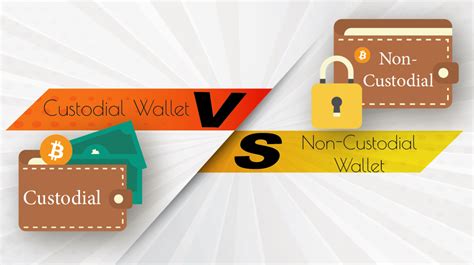
A custodial wallet is a little less secure, but you have a third party helping you log in and manage your crypto accounts. Custodial wallets are often web-based, and the biggest tick in their pro-column is that they are generally very easy to use. While reputable custodial wallets take security very seriously, the threat of a breach is always a possibility, especially as crypto accounts are appealing targets to cybercriminals.
Hardware versus Software
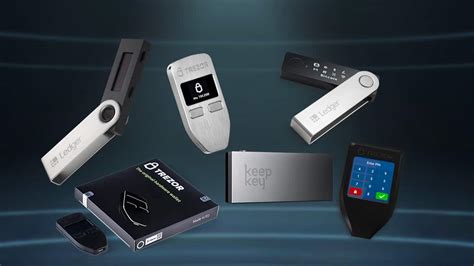
Hardware Wallets, also known as Cold Wallets, are devices you can fit in the palm of your hand. Most models are Bluetooth-enabled devices that look like small remote controls or are flash drives. The device is secured by a PIN that you should never write down or share with anyone else. Also, you should designate a safe and private spot to store your hardware wallet. Similar to a noncustodial wallet, you are solely responsible for keeping track of the device and remembering the PIN. If you lose it, your crypto accounts are locked, and there is no locksmith to open them for you. As long as you keep track of it, hardware wallets are very secure. Most models are equipped with malware and virus-proof security features.
Software Wallets are downloaded and internet-connected mobile or desktop apps. They allow you to make transactions on the run, as you can access your crypto accounts from your phone. In that sense, they are more convenient than hardware wallets. In addition, software wallets have the same safety net as custodial wallets.
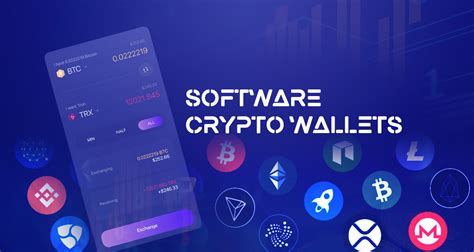
If you lose your phone, forget your password, or require login assistance, the maker of the software can help you access your accounts. Software wallets are very secure when you enable their two-factor authentication login settings. However, since they connect to the internet there is always a chance a cybercriminal could break in. Thus, hardware wallets are considered more secure than the software variety.
Wallet security is crucial for any crypto owner, so keep these tips in mind to keep your funds as safe as possible:
Research Before You Choose: Do not just choose the first bitcoin wallet you come across. Thoroughly research the security features and development team behind a range of wallets before making your final decision.
Enable Two-factor Authentication: This simple security feature is available on an increasing number of wallets. It is simple to use and provides an extra layer of protection for your wallet.
Pick Your Password Carefully: Make sure all usernames, PINs and passwords related to your crypto wallet are strong.
Consider a Multisignature Wallet: Multisig wallets require more than one private key to authorize a transaction. This means another user or users will need to sign each transaction before it can be sent. It can take longer to send funds, but you may find that extra peace of mind is worth the minor hassle.
Update Your Antivirus Protection: Your PC, Laptop, Smartphone or Tablet should have the latest antivirus and anti-malware software installed. Set up a secure firewall on your computer, and never install software from companies you do not know.
Update Your Wallet Software: Regularly update your wallet software to the latest security upgrades and protections.
Make a Backup: Store a wallet backup in a safe place so that you can recover your crypto funds if something goes wrong — like if you lose your smartphone.
Check The Address: When sending or receiving funds, use the correct wallet address. Similarly, if using an online wallet, make sure it is secure by checking that the URL starts with “HTTPS.”
Don’t use public Wi-Fi: Never access your wallet over a public Wi-Fi network.
Split Your Holdings: Consider splitting up your crypto coins between online and offline storage. For example, keep a small portion of your funds in online storage for quick and convenient access, and store the bulk of your holdings offline for extra security.
Private Key Protection: Never share your private key with anyone. Check whether the wallet you choose allows you to keep full control of your private keys, or if you have to surrender ownership to a third party, such as an exchange.
Conclusion
The cryptocurrency industry is constantly evolving…its value reaching galactic heights like the spaceships depicted in prime-time ads. It is your sole responsibility to protect your digital funds by securing your wallet with essential safety precautions. Update yourself with the latest security news, attack techniques, and prevention strategies. Do not feel pressured to hop aboard the crypto rocket, but if you do decide to jump on, make sure you do your research carefully and make the best decisions for your crypto goals.
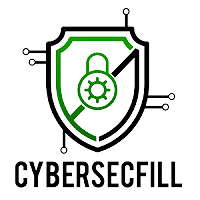

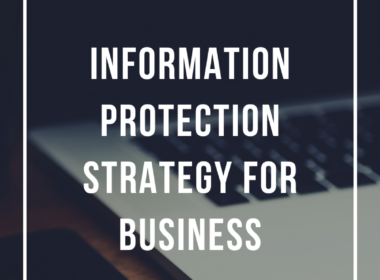



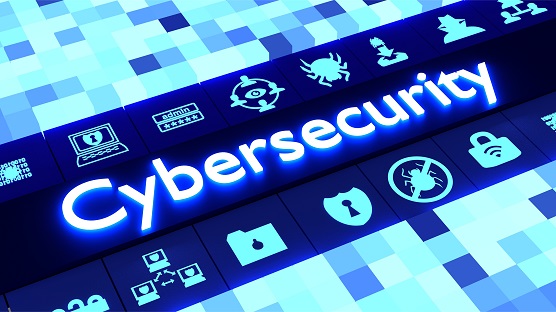
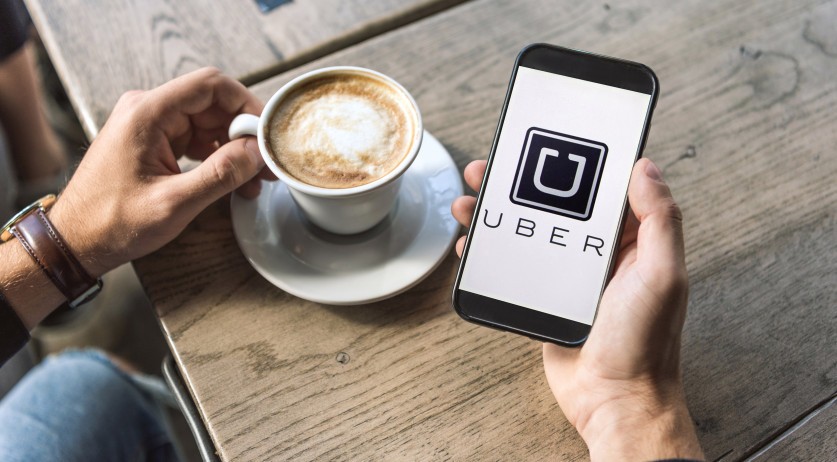


https://tell.africa/247-updates/penance/